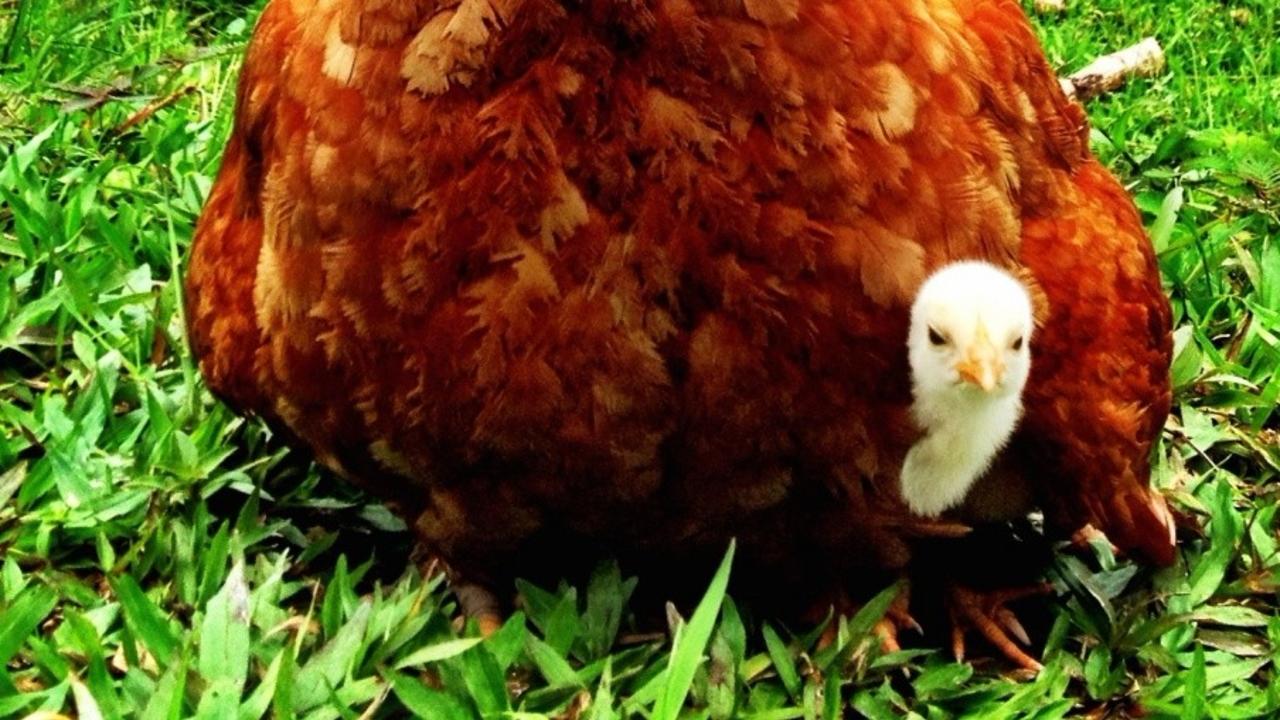Rules and Regulations for Backyard Chickens in San Diego

Keeping a flock of backyard chickens in San Diego is easy, so long as you follow the law, communicate with your neighbors, and properly protect, house, feed, and care for them. Here's how!
Backyard Chickens: Done right, they yield many rewards
Chickens are a wonderful gateway drug to livestock care and maintenance. While not as efficient feed-to-meat-ratio as rabbits or guinea pigs, they do offer something more: eggs. And not just eggs, but their omnivorous appetites devour kitchen scraps, their excrement is an excellent plant food (which is actually pee+poop in one shot, hence why it's known to burn plants when applied fresh), can control some insect and weed pressures (but will also annihilate other plants, so watch out), and can provide meat and feathers if your dietary preferences lean that way. Since January 2012, the City of San Diego has relaxed decades-old laws regarding chicken ownership for single-family residences. You can dive into the current municipal code regarding chickens here, but we've distilled the important parts for your convenience.
Keeping Backyard Chickens in San Diego
Starting at §42.0708, the following municipal codes apply to potential chicken moms and dads:
Number of Chickens Allowed
- Depending on coop location in relation to setbacks:
- Up to 5 chickens if coop is located outside of all required setbacks
- Up to 15 chickens if coop is located outside of all required setbacks or 15 feet from property line (whichever is greater!)
- Up to 25 chickens if coop and enclosure or run are a minimum of 50 from any structure used for residential purposes
In order to determine your setback requirements, you'll need to find out your property's official zoning. Once you find yours, then you get the joy of digging through this municipal code §131.0443: Setback Requirements in Residential Zones to determine your Front, Sides, and Rear setbacks (as set in §131.0431 Development Regulations Table of Residential Zones). Or, call the Development Services Department’s information line at (619) 446-5000, provide your address and request the name of your zone and the zoning setback information.
Safety, Sanitary, and Noise Requirements
- Must keep all food stored and secured from rodents and other undesirables
- All poop and food scraps must be properly disposed of a least once a week, or more often if the Director of Public Health deems it necessary to prevent unsanitary conditions
- No roosters allowed (too noisy)
Coop and Enclosure (Chicken Run) Requirements
- Coops must be:
- Predator proof
- Thoroughly ventilated
- Watertight
- Easily accessed and cleaned
- Provide a minimum of 6 ft² of area per chicken
- Enclosures or Chicken Runs must be:
- Predator proof
- Easily accessed and cleaned
- Fenced to contain the chickens
- Provide a minimum of 10 ft² of ground area per chicken
Additional Resources for Raising Backyard Chickens
- San Diego Backyard Chickens Pamphlet
- BackyardChickens.com
- Using Chickens to Close the Waste Loop with Pat Foreman
- Chickens and You Training and Coaching™
FREE REPORT - 8 Ways To Save Water In Your Landscape
Learn the techniques we use on a daily basis to maximize your water budget.
